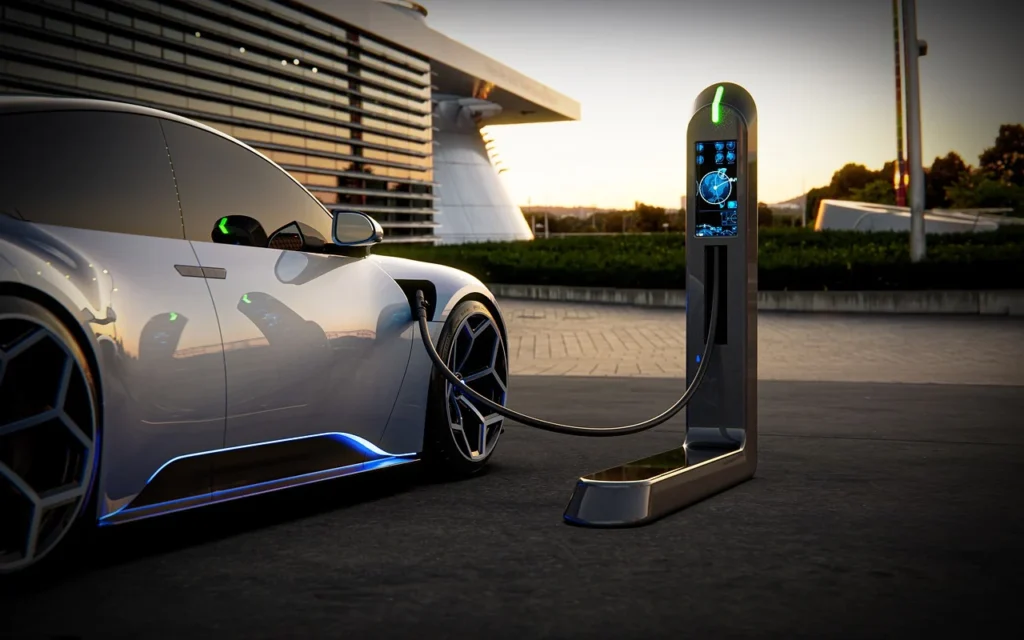As of 3 January 2024, the UK government’s zero emission vehicle (ZEV) mandate was passed into law.
The mandate details the government’s goal to ban 100% of internal combustion engine (ICE) vehicle sales by 2035, propelling Britain through the electric transition.
In September 2023, this legislation fell under controversy as Prime Minister Rishi Sunak proposed a delay to the mandate, moving the deadline for a 100% ban from 2030 to 2035. Final legislation now dictates 80% of new cars and 70% of new vans sold in Great Britain will be zero emission by 2030, increasing to 100% by 2035.
Sunak received significant pushback from various industry players, including transport research group New Automotive and prominent carmaker Ford. According to government data, cars and taxis made up the majority of domestic transport emissions in 2019 at 68%. Those opposed to Sunak’s delay therefore argued that the electrification of this sector would significantly reduce Britain’s overall greenhouse gas emissions.
The mandate is part of a wider national effort to bolster the electrification of the transportation sector. This has seen various governmental incentives such as a £2 billion funding allocation to charging infrastructure.
The UK has also been attracting significant investment from major international automakers. Notable investments include BMW’s allocation of £600 million in funding to build next generation MINI EVs in Oxford, Stellantis’ £100 million investment in Ellesmere Port for EV van production and Nissan’s £3 billion injection into developing two new EVs at their Sunderland plant.
Lack of charging infrastructure a cause for concern
A potential pitfall for Britain’s electric future is a lack of charging infrastructure for the upcoming surge in EV usage. As revealed through research by the RAC, the government missed its 2023 goal of installing at least six rapid or ultra-rapid charging stations at every motorway service station in England by over 60%.
Only 46 of the 119 motorway services it reviewed on Zapmap have the target number of EV above 50kW. Although Zapmap reported an overall 49% year-on-year increase in public charging stations across the UK, the failure of this specific government scheme serves as an uneasy look into the mandate’s future.
Nevertheless, the government continues with a positive outlook. Technology and decarbonisation minister Anthony Browne said: “Alongside us having spent more than £2 billion in the transition to EVs, our zero-emission vehicle mandate will further boost the economy and support manufacturers to safeguard skilled British jobs in the automotive industry.”






